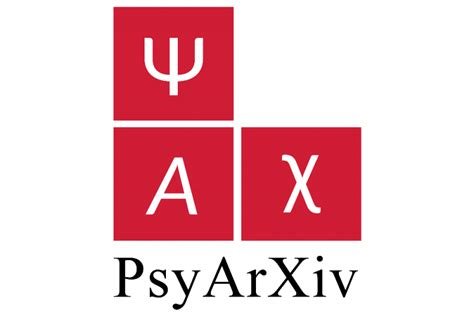
The analytic strategy of p-hacking has rapidly accelerated the achievement of psychological scientists’ goals (e.g., publications & tenure), but has suffered a number of setbacks in recent years. In order to remediate this, this article presents a statistical inference measure that can greatly accelerate and streamline the p-hacking process: generating random numbers that are < .05.
Results of a simulation study are presented and an R script is provided for others to use. In the absence of systemic changes to modal p-hacking practices within psychological science (e.g., worrying trends such as preregistration and replication), the author argues that vast amounts of time and research funding could be saved through the widespread adoption of this innovative approach.
0 Comments
Leave A Comment